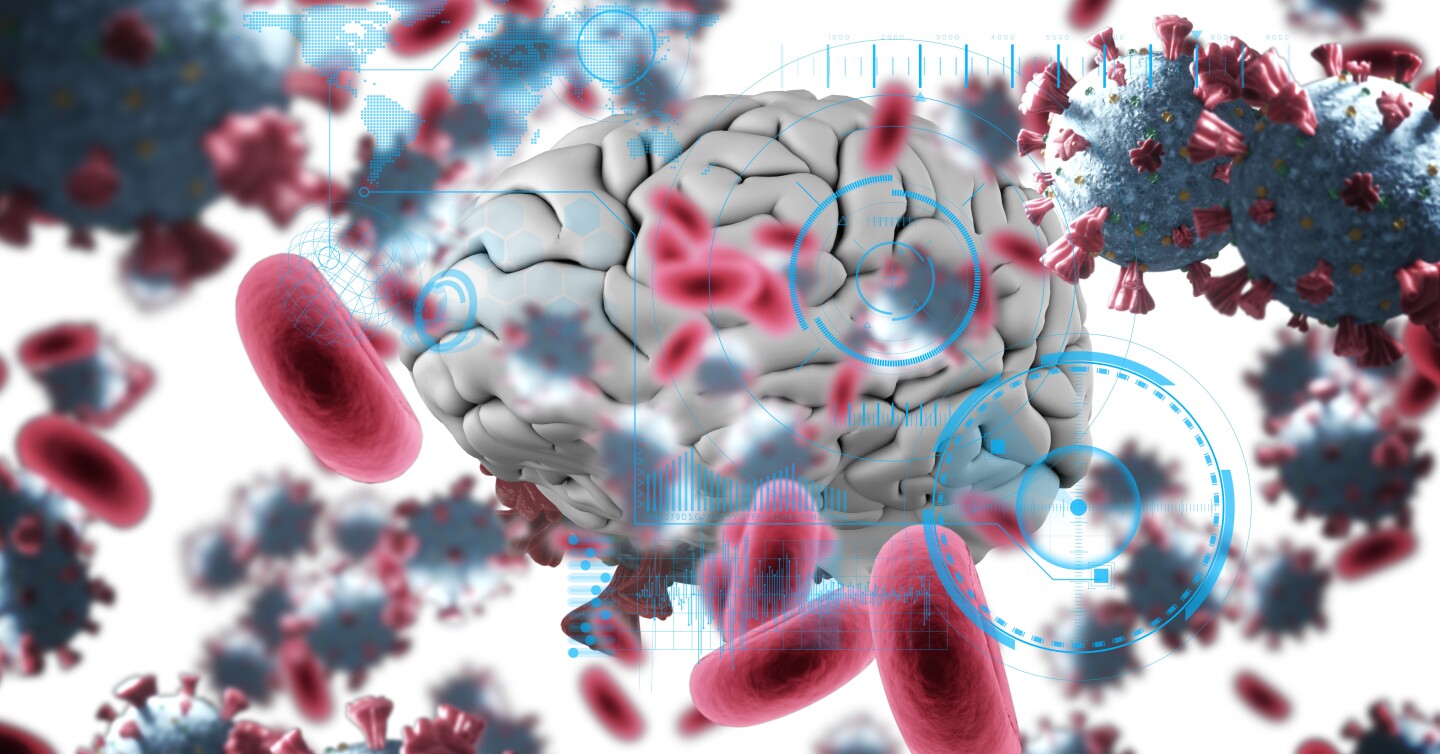Spider, silkworm silk combined to create new nerve-repairing material
Current methods for repairing injured nerves can be hit-and-miss and are restricted to repair over short distances. For the first time, researchers have combined two kinds of silk to create a promising biocompatible method of regenerating injured nerve… Continue reading Spider, silkworm silk combined to create new nerve-repairing material
